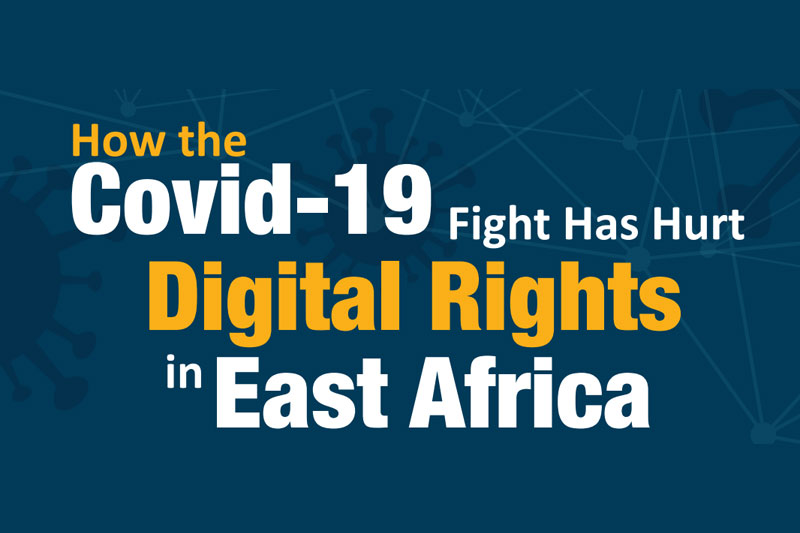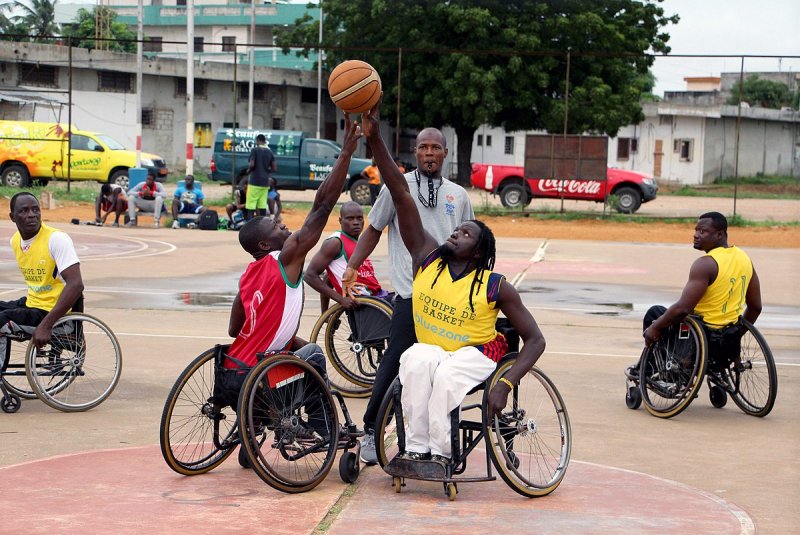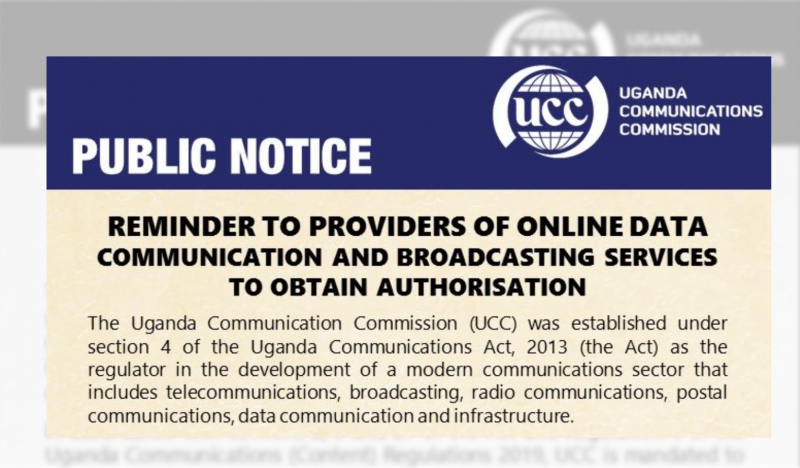By Paul Kimumwe |
The fight against the coronavirus (Covid-19) pandemic in Kenya, Tanzania, and Uganda has dealt a blow to the promotion and preservation of human rights in the region. The outbreak of Covid-19 could not have come at a worse time, as the countries were preparing for their respective general elections (October 2020 for Tanzania, January 2021 for Uganda, and a potential referendum in 2021 and the August 2022 elections in Kenya).
Even before confirmation of Covid-19 cases in the region, the three East African countries had instituted Covid-19 mitigation measures, including the adoption of statutory instruments which quickly suspended constitutional guarantees without reasonable justification or meaningful stakeholder consultation. The measures were accompanied with a problematic onslaught on the media, the political opposition and ordinary citizens, which undermined the enjoyment of the rights to freedom of expression, assembly and association, and the right to access a variety of news and information, which was critical to informed decision-making particularly during electoral processes.
On March 18, 2020, Uganda instituted its first set of measures that included the closure of schools and a ban on all political, religious, and social gatherings. A week after the March 22, 2020 confirmation of the first case in the country, the Ministry of Health issued the Public Health (Control of Covid-19) (No. 2) Rules, 2020 that introduced further restrictions including a dusk-to-dawn curfew, the closure of institutions of learning and places of worship, the suspension of public gatherings, a ban on public transport and the closure of the country’s borders and the international airport to passenger traffic.
In Kenya, the government introduced several measures to curb the spread of Covid-19 that included the suspension of public gatherings and other social distancing requirements; limitation of travel into and outside the country; imposition of a dusk-to-dawn curfew under the Public Order Act, 2003; as well as inter-county travel bans between the capital, Nairobi, and three other high-risk counties of Mombasa, Kilifi and Kwale.
A day after the government confirmed its first coronavirus case, Tanzania introduced a series of measures that included the closure of schools and the suspension of sports events on March 17, 2020. Additional directives, including quarantining travelers from countries with confirmed cases of COVID-19 at the travelers’ own cost, were announced by President Pombe Magufuli.
While many of the restrictions such as the closure of international borders, schools and churches and prohibitions on public gatherings have since been relaxed, the long-term impact of these and other restrictions persist.
In this brief, the Collaboration on International ICT Policy for East and Southern Africa (CIPESA) researched Covid-19 related censorship and surveillance practices and related regulatory responses in Kenya, Tanzania and Uganda that affected people’s’ digital rights, including the right to freedom of expression, access to information, and privacy. It shows that the different measures adopted by the three countries, including enactment and enforcement of repressive laws on misinformation/fake news, as well as intimidation, arrests, detentions, and suspension of media operations, have led to an erosion of civil liberties online and offline.
The brief recommends the amendment of all the Covid-19 legislation that restricts freedoms to bring it into conformity with international standards on the right to privacy, data collection and processing as well as freedom of expression and access to information. Further, it urges governments to improve the affordability of the internet by more citizens, ensure the respect of citizens’ rights; and be transparent, and accountable in the conduct of Covid-19 related data collection and surveillance.





